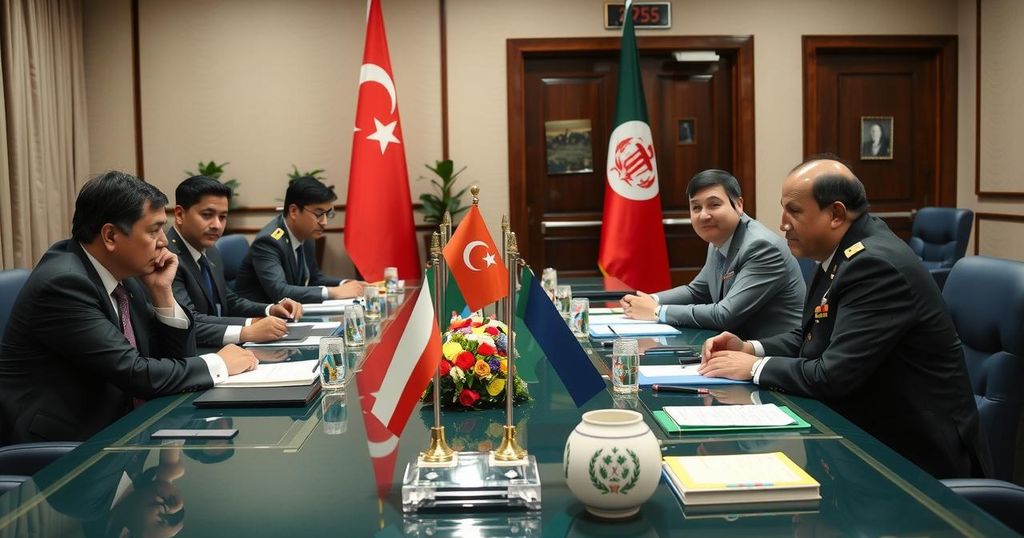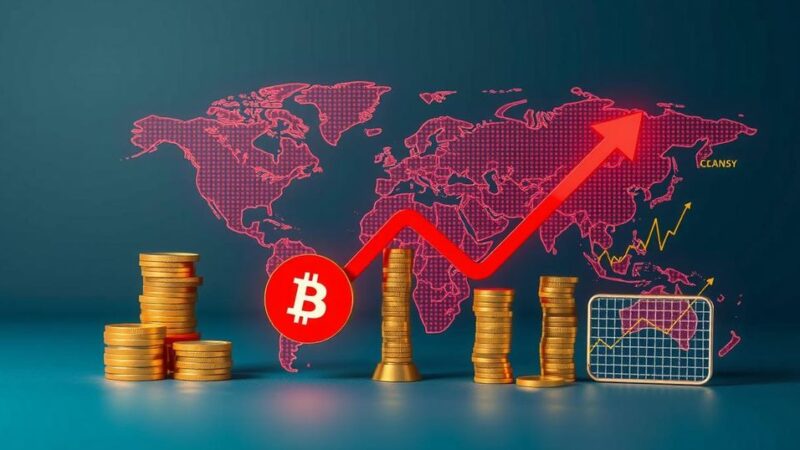Javier Milei’s presidency in Argentina has led to a dramatic economic recovery, reducing inflation from 211% to single digits through substantial cuts in government size and regulations. His model has elicited interest in Pakistan, where there are calls for similar reformers. However, concerns arise regarding his ideological biases and interpretations of economic history, which must be considered when looking for effective leadership in Pakistan.
Argentina has undergone significant economic changes under President Javier Milei, reviving a faltering economy marked by severe inflation that soared to 211 percent in December 2023. His administration has successfully lowered inflation rates to single digits by implementing substantial cuts to government size and regulations. Such transformations have sparked interest among some Pakistani observers who see Milei’s approach as a potential remedy for the nation’s ongoing economic challenges. Milei’s insights on inflation control emphasize the drawbacks of price controls and their harmful effects on purchasing power and poverty.
While there are commendable aspects to Milei’s economic strategies, his viewpoints also raise concerns. He displayed support for the United States and Israel as paradigms of ‘liberal democracies’, which has provoked disquiet among those who perceive a disconnection from the realities of freedom and equality. Additionally, his economic historical perspectives, such as equating the quality of life during the Industrial Revolution to that of Roman emperors, lack nuance and accuracy, potentially misleading those who might draw on these assertions.
Milei’s critique of traditional economic institutions resonates in Pakistan, where calls for a similar figure have emerged as a reaction to persistent economic strife. Advocating for structural changes, he underscores the necessity of dismantling bureaucratic inefficiencies that hinder economic growth. However, the risk lies in selecting an inspiration rooted in problematic ideologies or errant understandings of economic history. Pakistan requires a leader with a comprehensive grasp of economic intricacies who can navigate deeply entrenched regulations while avoiding biases that distort factual economic narratives.
Hence, it is imperative to embrace Milei’s actionable strategies for economic change while remaining cautious of the ideologies that accompany such leaders. An ideal candidate for Pakistan would implement robust reformative policies while maintaining a balanced and equitable view of economic history and societal rights. Such an approach would ensure growth for the nation that echoes the potential rejuvenation seen in Argentina under Milei.
The comparison between Argentina and Pakistan reveals shared experiences of economic turmoil, despite their differing contexts. Argentina’s recent political transformation under President Javier Milei has attracted attention, notably due to his radical economic reforms aimed at combating hyperinflation and regaining economic stability. Pakistan, grappling with its own economic struggles, looks toward similar figures who can instigate change. However, the appreciation of Milei’s policies is nuanced by his controversial political views that raise essential questions about governance and economic ideology.
In conclusion, while Javier Milei’s leadership in Argentina showcases a transformative economic approach that some observers in Pakistan admire, it is essential to foster economic reforms grounded in a solid understanding of historical and contemporary contexts. A leader who embodies the positive aspects of Milei’s strategy, devoid of any problematic biases, could significantly benefit Pakistan’s economic landscape. Striking this balance is crucial for achieving sustainable growth and addressing the nation’s economic woes.
Original Source: www.dawn.com







